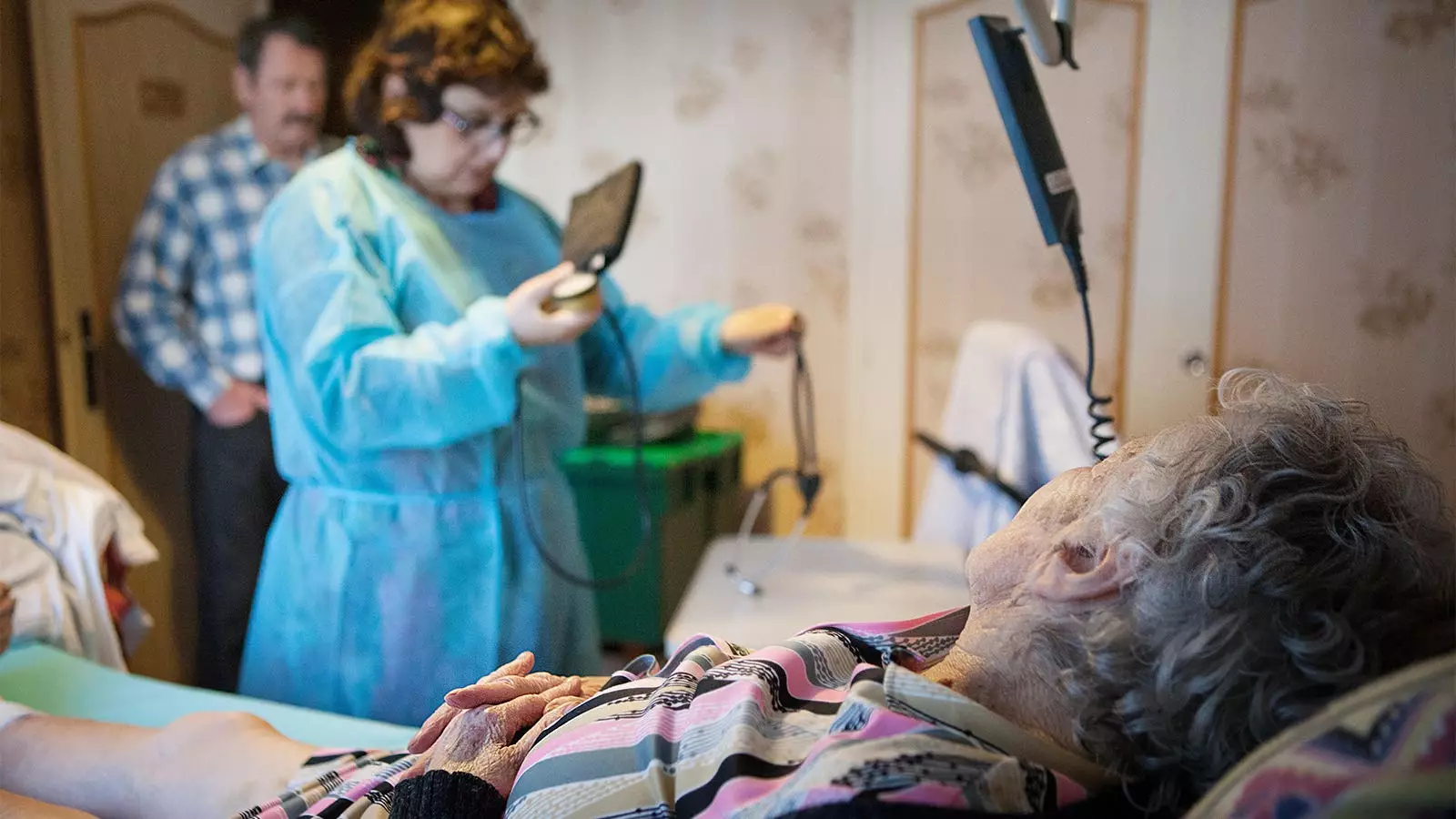As the COVID-19 pandemic continues to put a strain on hospital capacity, the implementation of the Acute Hospital Care at Home waiver in November 2020 provided a lifeline for hospitals and health systems across the country. With the ability to deliver hospital-level care in patients’ homes, more than 300 hospitals in 37 states have taken advantage of this payment waiver. However, the waiver is set to expire at the end of 2024, unless Congress takes action to extend it once again. It is crucial to continue expanding access to innovative hospital-at-home care to ensure optimal outcomes for patients, their families, and healthcare providers.
Studies have shown that hospital-at-home programs have led to positive outcomes for patients, including low rates of emergency returns to the hospital, referrals to skilled nursing facilities, 30-day hospital readmissions, and mortality. Patients receiving at-home hospital care have reported similar or even better outcomes than those in traditional hospital settings, particularly those who are dually eligible for Medicare and Medicaid, or have a disability or dementia. The design of hospital-at-home programs aligns with the principles of the Age-Friendly Health Systems movement, focusing on delivering evidence-based care that is patient-centered and reduces harm.
Hospital-at-home programs have garnered broad support from clinicians and major health professional organizations, including the American Medical Association and the American Hospital Association. Healthcare professionals have reported positive experiences working in these programs, and patients have expressed a preference for receiving care in the comfort of their own homes. Hospitals can be challenging environments for many patients, with common adverse events such as infections, physical deconditioning, and episodes of delirium. Family caregivers of hospital-at-home patients have also reported lower levels of stress and similar or better experiences compared to those with loved ones in traditional hospital settings.
To ensure the continued success and expansion of hospital-at-home programs, a more durable payment waiver must be implemented. The Bipartisan Policy Center has recommended a 5-year extension for the Acute Hospital Care at Home waiver, which would foster more programs and provide opportunities for the federal government to offer technical assistance and conduct research to improve care quality, safety, and cost savings. Additionally, access and equity must remain at the forefront of hospital-at-home care, with a focus on reaching low-income residents and underserved populations. Only a handful of state Medicaid programs currently approve hospital-at-home care, highlighting the need for greater access across the nation.
Hospital-at-home programs have seen tremendous growth in the wake of the COVID-19 pandemic, with the potential to revolutionize the way healthcare is delivered in the United States. Extending the Acute Hospital Care at Home waiver is critical to ensuring that older adults receive the care they need in the place where they feel most comfortable – their own homes. Continued support for hospital-at-home programs will lead to improved outcomes, increased patient satisfaction, and ultimately, better healthcare delivery overall.


Leave a Reply